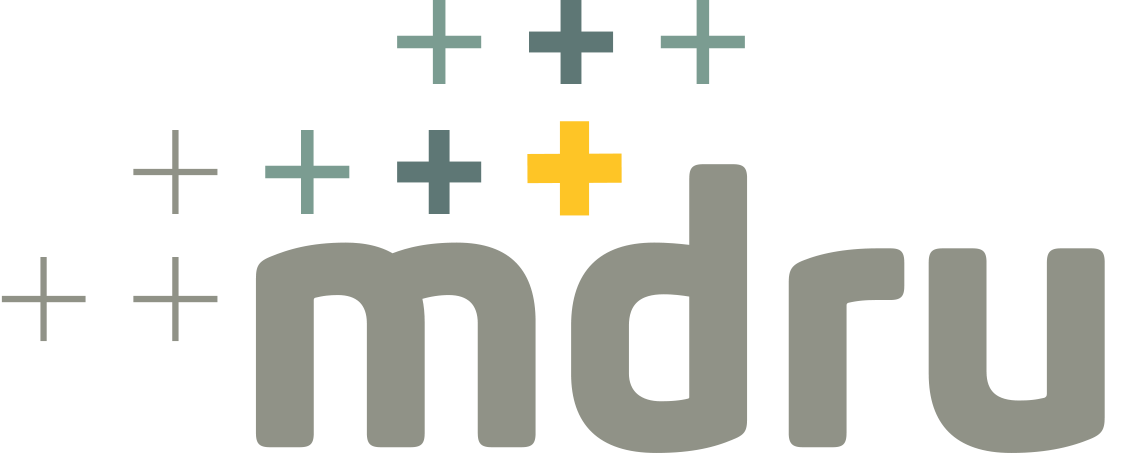Project Information
- Commodity: Copper, Gold
- Research Themes: Exploration Methods
- Location: Mount Washington, Vancouver Island BC; central BC
- Project Status: Active
- Students: Pearce Luck
- Start Date: 2017
- End Date: 2020
Organic compounds in soil are a promising and under-researched tool for non-petroleum based mineral exploration. Traditionally, commodity and pathfinder elements in soil were jused with geophysical and geolocal data to improve drilling success. However, in areas with glacially transported sediments, traditional geochemical signals are displaced and detached by clastic transport.
A commercially viable, statistically validated analytical method was developed to fulfill the major objective of this research: to identify the physical, chemical and biological links between hydrocarbon abundances on the surface with the buried footprints of economic mineralization. Hydrocarbon responses were tested over epithermal Au-Ag-Cu and porphyry Cu-Mo deposits in British Columbia.
With this newly developed approach, B horizon soil samples were subjected to solid phase microextraction and analysed by GC-FID to determine organic compound concentrations. Results show anomalous responses in soils overlying and adjacent to known mineralization. Discrete geochemical responses to the deposits footprint, changes in lithology, and cross-cutting faults demonstrate the predictive capabilities of this technique.
Publications
Organic-compound pathfinders in soil for base- and precious-metal exploration in British Columbia
Luck, P.M., Chouinard, R.L. and Winterburn, P.A. (2019)
Geoscience BC Summary of Activities 2018: Minerals and Mining, Geoscience BC, Report 2019-1, p. 27–32.



